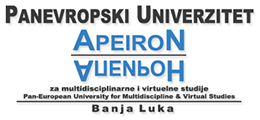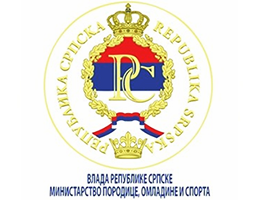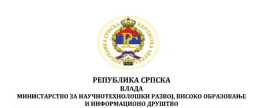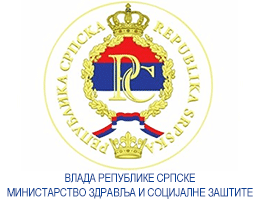Education for Democratic Citizenship and Human Rights Education (EDC/HRE) in Physical Education
Volume 8, Issue 1 (2018)
Volume 8, Issue 1 (2018)
Education for Democratic Citizenship and Human Rights Education (EDC/HRE) in Physical Education
Abstract:
The subject of this research is connection between EDC/HRE key concepts and physical education. The aim is to examine students’ sensibility in recognition the significance of special key concept and realizing a possibility of its implementation in school work within the physical education course. Data were collected in the school year 2016/2017 and elaborated by qualitative research methods. The Conclusion is that students do not recognise the connection between special key concept and school practice and they are not ready to implement them. They see school as community suitable for practicing knowledge and skills in field of EDC/HRE.
Keywords:
EDC/HRE key concepts, Physical Education, School, Teaching.
Full Text:
DOI:
References:
- Battaini Dragoni, G. (2008). Human rights education – a lot remains to be done. Education Newsletter. Special issue World Programme for Human Rights Education. Pristupljeno 12.04.2016. na: https://www.coe.int/t/dg4/education/Newsletter/BulletinSpecialFevrier200...
- Benson, A., Bruner, M. (2018). How teammate behaviors relate to athlete affect, cognition, and behaviors: A daily diary approach within youth sport. Psychology of Sport and Exercise, 34, 119-127.
- Đokić, Z. (2017). Fizičko obrazovanje u tranziciji. Tims.Acta, 11 (2), 103-110. doi:10.5937/timsact11-13483
- European Comission (2007). White Paper on Sport. Pristupljeno 14.03.2018. na: https://eur-lex.europa.eu/legal-content/EN/TXT/?uri=celex:52007DC0391
- Gollob, R., Krapf, P. (2008). Teaching democracy. Strasbourg: Council of Europe Publishing, F-67075 Strasbourg Cedex.
- Gollob, R., Krapf, P., Ólafsdóttir, Ó. & Weidinger, W. (2010). Educating for democracy. Background materials on democratic citizenship and human rights education for teachers. Strasbourg: Council of Europe Publishing. F-67075 Strasbourg Cedex.
- Hackney, A. C. (2006). Exercise as a stressors to a human neuroendocrine system. Medicine (Kaunas), 42 (10), 788-797.
- Jones, B. (2018). Differences in home advantage between sports. Psychology of Sport and Exercise, 34, 61-69.
- Lazić, S., Popov, S. (2016). Pedagogija. Novi Sad: CNTI.
- Nešić, M., Srdić, V., Jezdimirović, T. (2016). Evaluacija skale percepcije aktivnog životnog stila studenata. Sportske nauke i zdravlje 6(1), 5-12. DOI: 10.7251/SSH16005N
- Oxyzoglou, S., Oxyzoglou, N. (2011): Motor Abilities Performance After Physical Education Program Versus For Handball Training Pre-Adolescent Children. Sportske nauke i zdravlje, 1 (1), 47-51.
- Popov, S., Jakovljev, I. (2017). Uticaj fizičkog vežbanja na unapređenje kognitivnih funkcija. Tims.Acta, 11 (2), 111-120. doi:10.5937/timsact11-14016
- Rađević, N., Vukadinović, S. (2017). Stavovi studenata akademije dramskih umjetnosti u Banjoj Luci prema fizičkom vježbanju. Sportske nauke i zdravlje, 7 (1), 37-43.
- Spaaij, R., Magee, J., Jeanes, R. (2014). Sport and Social Exclusion in Global Society. London, New York: Routledge.
- Stojanović, A., Nedimović, T., Sturza Milić, N. (2016). Razlike u metodama podučavanja dece poželjnim oblicima ponašanja od strane vaspitača i roditelja. Inovacije u nastavi, 29 (3), 84-99.
- Zuković, S. (2006). Podrška porodičnom vaspitanju – jedan od očekivanih efekata realizacije verske nastave u školama. U: E. Kamenor (ur.), Evropske dimenzije reforme sistema obrazovanja i vaspitanja (str. 428-433). Novi Sad: Odsek za pedagogiju Filozofskog fakulteta u Novom Sadu.






